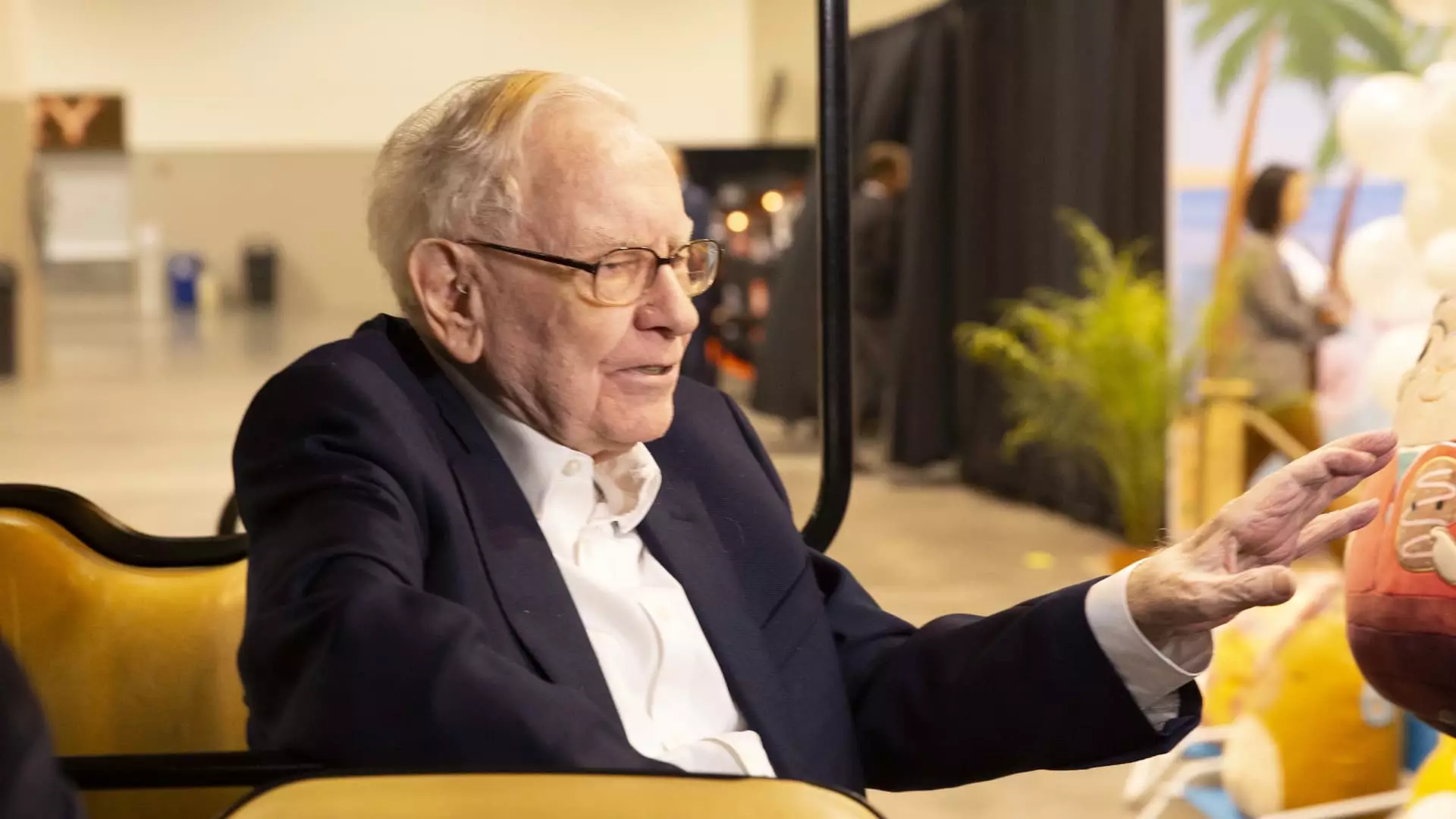Warren Buffett’s Berkshire Hathaway has been making headlines with its recent move to sell off stocks for the sixth consecutive quarter, despite the acquisition of a significant stake in insurer Chubb. The conglomerate reported a staggering $17 billion in net sales of publicly-traded stock in the first quarter, as revealed in the latest 13F regulatory filing. This trend of selling off stocks has been ongoing since the third quarter of 2022, indicating a significant shift in Berkshire’s investment strategy.
The bulk of the selling in the first quarter came from trimming Berkshire’s massive Apple bet by 13%, following substantial gains. Warren Buffett himself suggested that the sale was driven by tax considerations, anticipating a rise in corporate tax rates to address the growing fiscal deficit. This move highlights Buffett’s proactive approach to managing Berkshire’s portfolio and optimizing its returns in the face of changing market dynamics.
Amidst the selling spree, Berkshire surprised the market by revealing its acquisition of nearly 26 million shares of Zurich-based Chubb, amounting to over 6% of the company. The purchase, totaling $6.7 billion, had been shrouded in secrecy for months, fueling speculation about Berkshire’s next big investment move. The addition of Chubb to Berkshire’s portfolio positions the insurer as a key player in the conglomerate’s holdings, signaling Buffett’s confidence in the company’s growth potential.
In addition to the Chubb acquisition, Berkshire made notable changes to its portfolio by reducing its stake in building materials manufacturer Louisiana-Pacific and exiting its investment in HP. Buffett also decided to liquidate the entire position in Paramount, resulting in a loss for the conglomerate. These strategic moves reflect Buffett’s proactive stance on portfolio management, as he seeks to reallocate capital to opportunities that offer greater potential returns.
At the recent Berkshire Hathaway annual meeting, Warren Buffett expressed his willingness to deploy more capital but voiced concerns about sky-high market valuations. He emphasized the lack of attractive investment opportunities compared to his past ventures, such as the successful bet on Japanese trading houses. With government bond yields on the rise, Buffett finds cash to be a more appealing asset class in the current market environment, leading to the accumulation of a record $189 billion cash hoard in the first quarter.
Buffett’s strategy of investing in short-term Treasury bills yielding over 5% underscores his cautious approach to deploying capital in the current market conditions. He emphasized the attractiveness of cash compared to risk assets, highlighting the need to build a strong cash position for potential future investment opportunities. Despite the record cash reserves, Buffett remains patient and selective in his investment choices, aiming to ensure sustained long-term growth for Berkshire Hathaway.
Warren Buffett’s investment strategies continue to evolve in response to changing market dynamics and economic conditions. His proactive approach to portfolio management, focus on tax-efficient selling, and strategic acquisitions reflect his long-term vision for Berkshire Hathaway’s growth and success in the investment landscape. While Buffett remains cautious amid high market valuations, his disciplined investment philosophy and focus on value creation position Berkshire for future success in navigating the ever-changing investment landscape.

